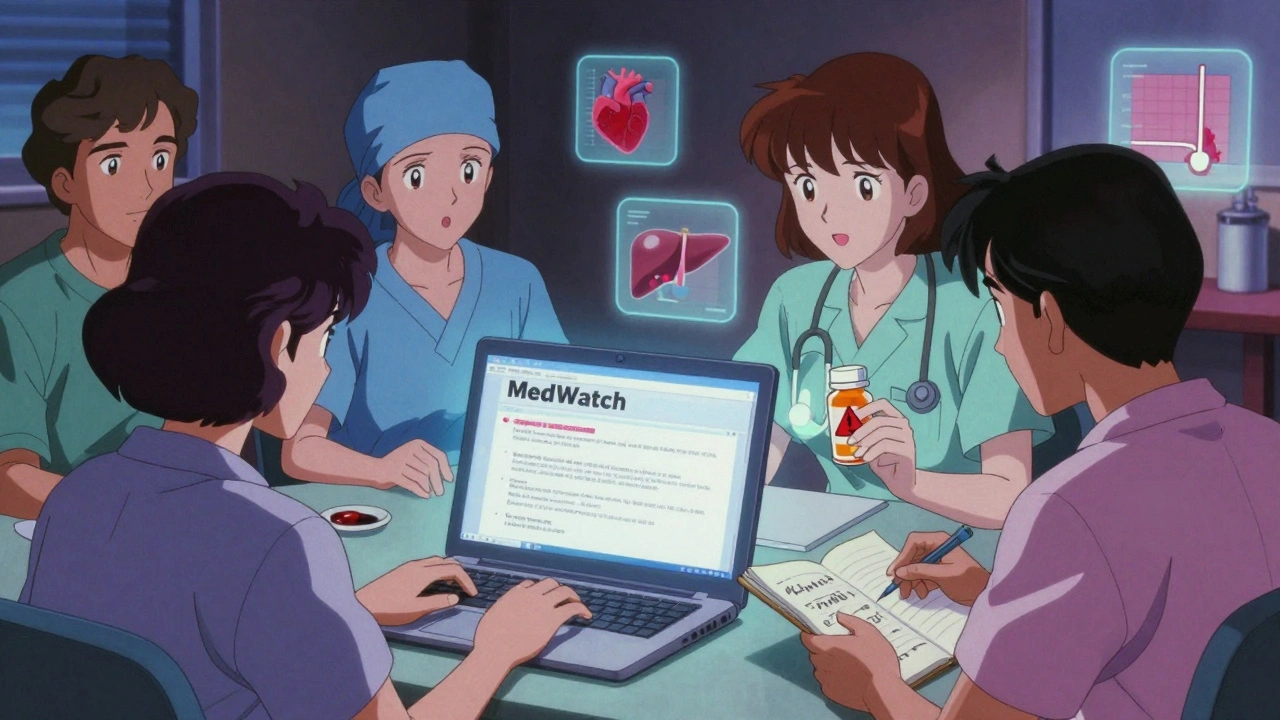A single mistake with medicine can change a day — or a life. Every year people take the wrong dose, mix drugs that shouldn't mix, or order from sketchy online pharmacies. You don't need medical training to stay safer; a few simple habits stop most problems.
Check three things before you take any drug: name, dose, and timing. Read the label and match it to your prescription. If two medicines have similar names, ask a pharmacist aloud. Set alarms for new meds so you don't miss doses or double up.
Know what to watch for. Side effects range from mild nausea to serious reactions like breathing problems or swelling. If you get a new rash, sudden shortness of breath, or facial swelling, stop the drug and seek urgent care. Keep a list of side effects for each medicine in your phone so you can spot patterns quickly.
Be careful with interactions. Some common combos cause trouble: certain antibiotics reduce birth control effectiveness, blood thinners pair badly with many supplements, and grapefruit can change how some drugs act. Share your full list of prescription, over‑the‑counter, and herbal products with every clinician or pharmacist you see.
Buying drugs online? Choose verified pharmacies only. Look for clear contact details, a licensed pharmacist, and a requirement for a prescription when needed. Avoid sites that offer controlled medications without a prescription or that ship from unknown countries. If prices look too good to be true, they often are.
Use one pharmacy when possible. That lets the pharmacist check for interactions and duplicates across all your prescriptions. If you must change pharmacies, bring a complete, current list of meds and dosages. Ask for a printed medication summary at every clinic visit.
Store medicines safely. Keep originals in their bottles, out of reach of children, and away from heat or moisture. Dispose of expired or unused drugs through local take‑back programs — don’t flush them unless the label says it’s okay.
Pregnancy, breastfeeding, kidney or liver disease change how drugs act. If you fall into any of these groups, ask your provider about safer alternatives and needed dose adjustments. A quick phone call can prevent serious harm.
When in doubt, ask. Pharmacists are trained to help with dosing, side effects, and interactions. If a symptom feels off after starting a drug, call your prescriber rather than guessing. Small questions now can avoid big problems later.
Below are helpful topics we cover on this site: buying Azulfidine safely, spotting reliable online pharmacies, common drug side effects like irbesartan allergies, and safe antibiotic choices for penicillin‑allergic patients. Read individual guides for step‑by‑step advice tailored to specific medicines.
Keep records of your allergies, past reactions, and vaccination status. Update them after every new prescription or hospital visit. A simple list saved on your phone can speed up care in emergencies and prevent repeat mistakes. Share it with family members and keep a printed copy in your wallet for quick access everywhere too.

Learn how to report a suspected adverse drug reaction to the FDA using MedWatch. Step-by-step guide for patients, caregivers, and providers on what to report, how to submit, and why it matters for drug safety.

In the rapidly evolving world of medical information, DrugWatch.com is one of the leading resources. However, it's crucial to explore other platforms. This article provides an overview of nine alternatives, focusing on their unique features, strengths, and potential drawbacks, helping users make informed choices about their healthcare resources.
